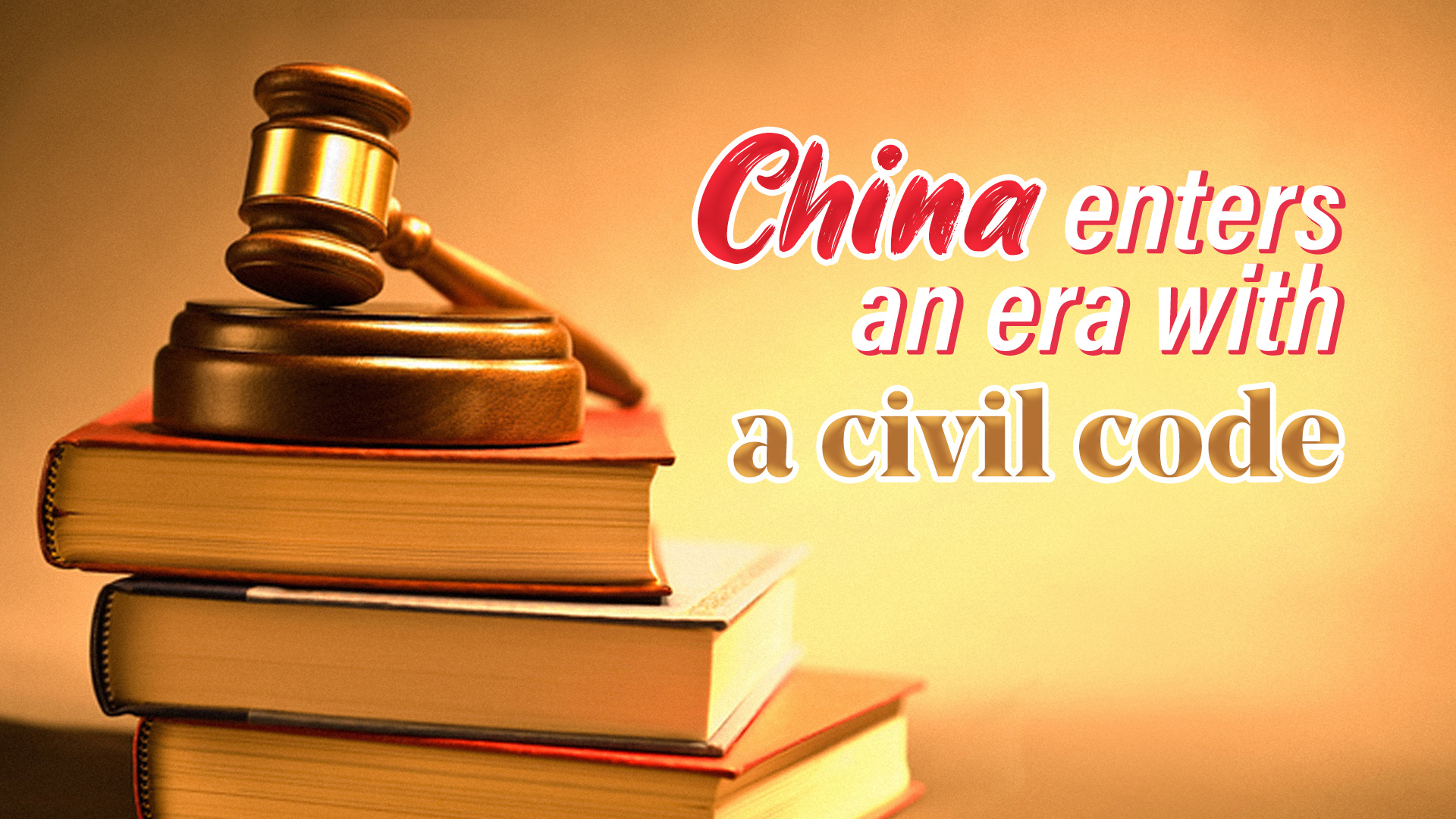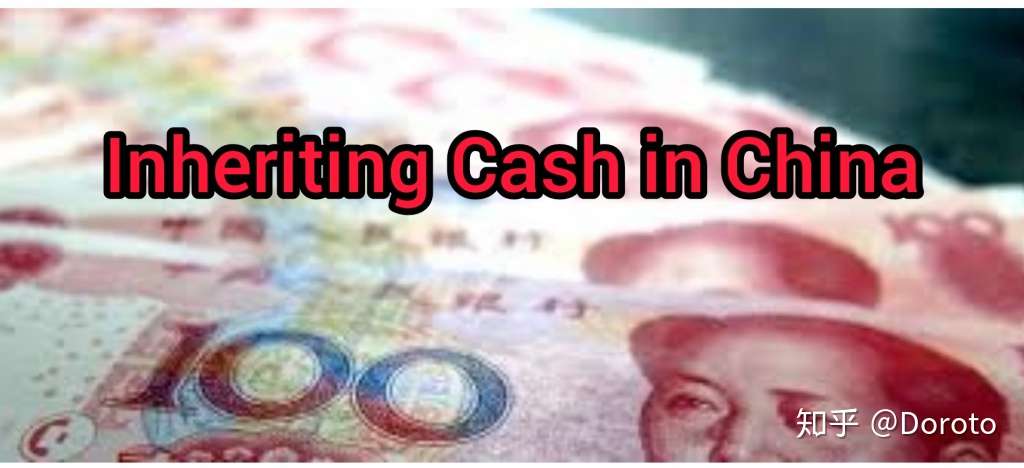Just ran across an interesting article posted on Economist website (click here for the whole article), depicting the pains and complexity surrounding cross-border inheritance. It is true indeed, in particular if China is involved in the case of inheritance of estates in China by foreigners.
Jurisdictions
Dealing with the belongings of the dead is a grim job, but trickiest when they cross borders. Two or more jurisdictions may claim the right to share out an estate (or all may deny responsibility for it). When a legatee lives in a third country it is harder still. “It’s like three dimensional chess,” says Richard Frimston, a lawyer.
As always in the case of foreign-related disputes, the first and foremost question before parties is which court in which country has the proper jurisdiction over the inheritance of certain estates.
Chinese newly revised Civil Procedures Law provides as before that “where a lawsuit is instituted because of a dispute related to inheritance of estates, it shall be adjudicated by the court in the place where the decedent is domiciled or the court at the place where the major estates are located”. It shall be noted that jurisdiction over inheritance disputes as provided therein is exclusive one, precluding other courts from exercising jurisdiction over inheritance disputes.
Prima facie, it can be inferred that a Chinese court may not be able to have jurisdiction if a foreign decedent does not have domicile in China and majority of his or her estates is located in his or her home country. But that is wrong from practical point of view because the judgments rendered by foreign courts will have no effect and cannot be enforced in China, which means that estates in China cannot be disposed of. In other words, the heirs will have to litigate in Chinese court again to solve the disputes between the heirs.
Choice of Law/Applicable law
The choice of law issue could be more complicated and mind-vexing despite the fact that China has promulgated its law governing the application of proper laws in civil cases. This new piece of law has far-reaching impact and will make inheritance of estates in China by foreigners much more unpredictable and difficult especially in the case of inheritance by will.
(1) The new law has allowed ample flexibility in choosing multiple laws for one specific legal issue. For instance, to judge whether a will is valid or not, the law provides to the effect that the law at the habitual residence place at the time of making the will or decease of the testator, or the law of the testator’s national law may apply. The will will be held as valid if it is so under any law of the possible choice of laws among those provided therein. It is possible that a person’s habitual residence place varies over time from time to time which may not in his own country. Will the Chinese courts go over all the possible choice of laws in order to give the will a chance of life?
(2) A very practical point is that Chinese courts are not familiar with choosing applicable laws in foreign-related matters. They lack the skills and resources to find out those odd laws that are totally new to him or her. This reality will very much undermine or discount the desired effects of China’s new law on choice of laws. Early January of this 2013, China Supreme Court issued its first guidelines on application of this new law, in which courts are expected to use “reasonable ways” such as provision by parties, international treaties/convention and Chinese and foreign law scholars/experts before concluding that it is impossible to ascertain relevant foreign laws, which conclusion will mean the courts can then apply Chinese laws to the matters before them.
It will be surely imaginable that courts will shift its burden of finding out the foreign laws to the lawyers of the parties.
Taxes
Then the article also touched on tax issues associated with international or cross-border succession or inheritance.
When these taxes cross borders, complexities abound. Some countries’ tax rules punish testators who donate to family (or even to charities) abroad. Treaties preventing double taxation rarely cover inheritance cases (the EU, for example, says its members have completed only about 30 of the 350 or so possible agreements), so international successions risk being taxed more than once
Taxes are always a big concern in any international deals.
At the moment, China has not created estate tax. People including foreigners in China can pass their estates to heirs without paying any meaningful at all. In the case of inheritance of real property, the legal heirs, heirs and legatees designated in a will are all exempted from paying income tax to Chinese governments. The legal heirs don’t even have to pay deed tax either (but non-heir legatees in a will shall pay deed tax.).
As shown in the quoted lines above, bilateral tax treaties seldom cover the income tax involved in inheritance process, and it is very likely for a person to be double taxed (though China seems to be an exception for its absence of estate tax). Anyway, China may not be far away from imposing its own version of estate tax as this has been raised in public talk for some years already.








Hello, Jason,
I have a question on inheritance. I am a China born naturalized US citizen and my dad just passed away 2 month ago in US. He had bought some private placements of some chinese companies years ago and they are still private.
I have heard some statement that non US citizens are not allowed to own shares in Chinese company, so I cant have it transferred to my name (my surviving mom and sister are willing to render their share to me and both have sent me notarized letter produced in US). Is it true? If it can be transferred to me, what documents are required? Would there be any taxes I should be aware of?
Also, a further question: I also learned that part of it my dad was holding for my aunt. Would it be possible for me, after receiving title, transfer the portion of share to her to make future accounting clean and clear?
Thx
Amanda